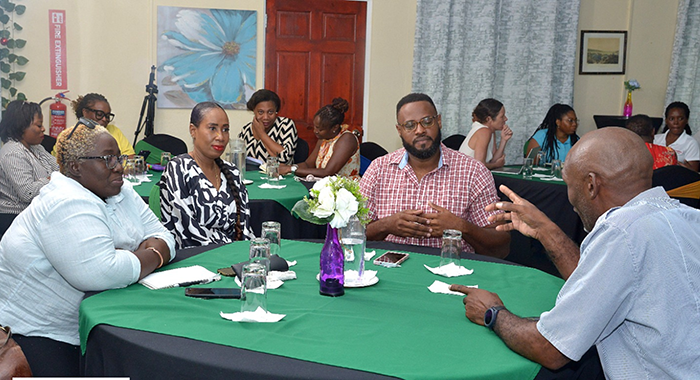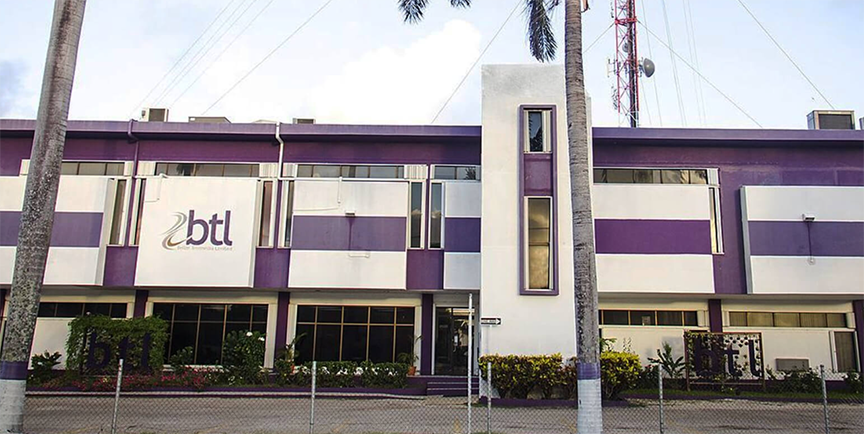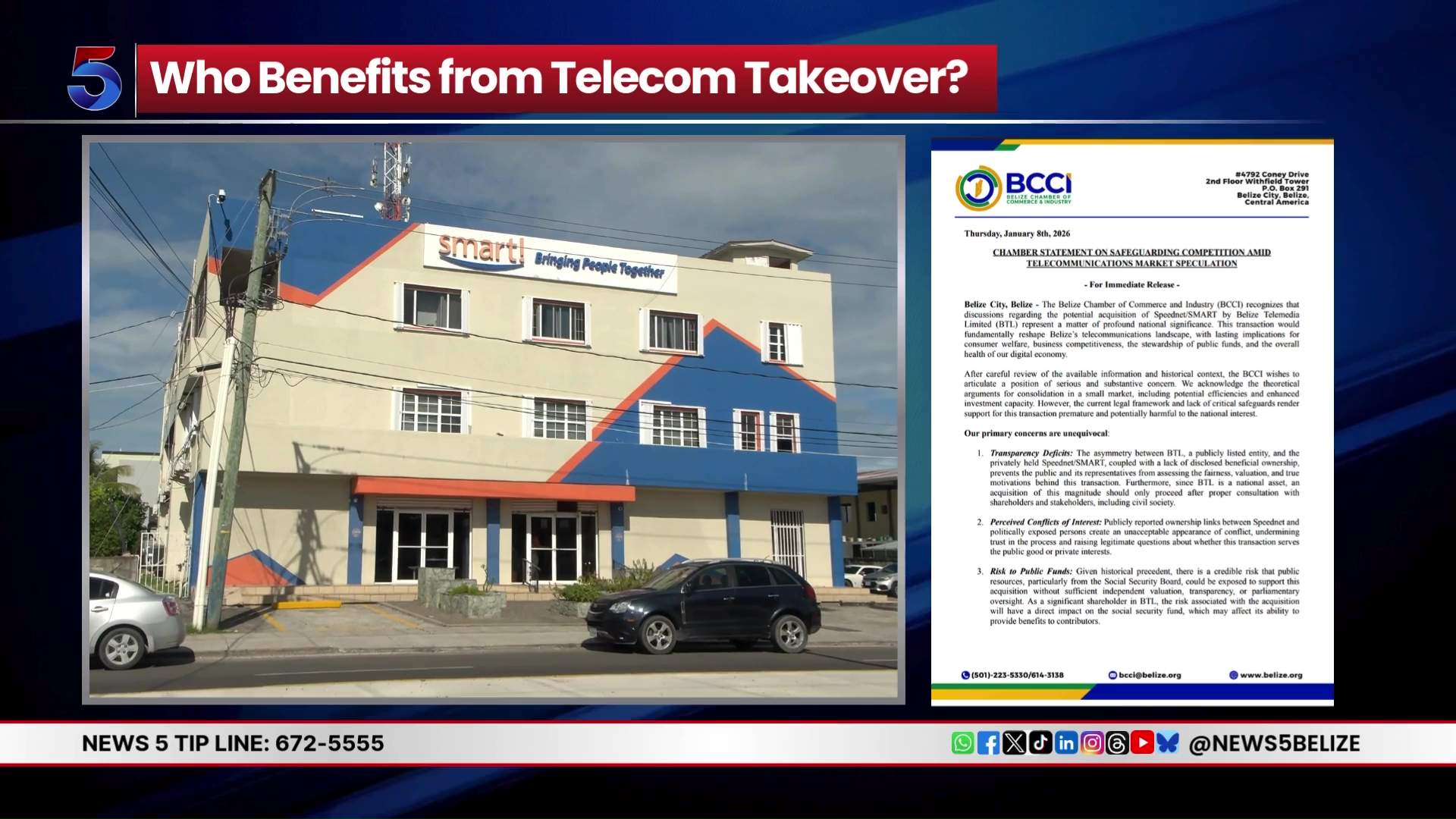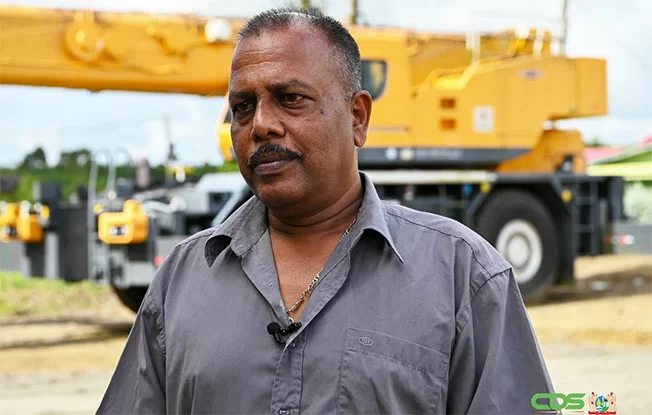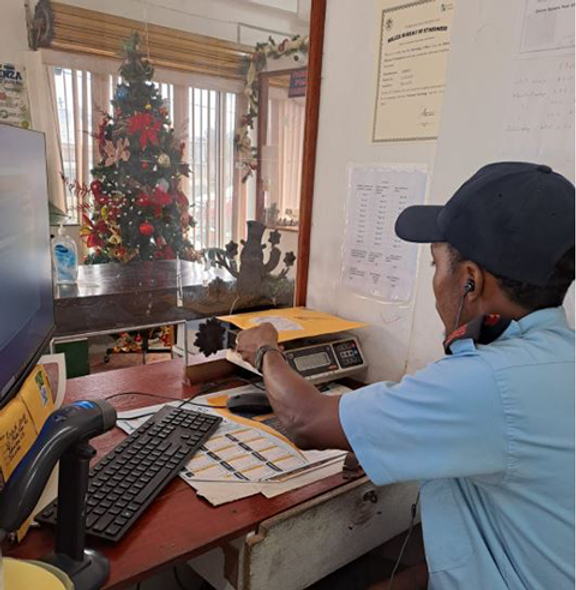Kingstown witnessed a significant milestone in its economic development landscape this Tuesday with the inaugural gathering of the St. Vincent and the Grenadines Chapter of WenCHAM (World Chamber of Entrepreneurs for Economic Development). The event assembled 21 registered and prospective members for an introductory networking event combined with an innovative “Startup Studio” session, marking the formal establishment of this G20-affiliated entrepreneurial platform in the Caribbean nation.
The session provided Vincentian entrepreneurs with a unique opportunity to establish meaningful connections while gaining comprehensive insights into WenCHAM’s distinctive approach to leveraging entrepreneurship as a catalyst for economic expansion, international collaboration, and global market engagement. This newly established chapter operates under the umbrella of the World Business Angels Investment Forum, an organization renowned for its focus on facilitating access to intelligent financing solutions, promoting inclusive economic development, and advancing entrepreneurial diplomacy worldwide.
Currently maintaining active national chapters across 16 countries including the United States, France, Brazil, Singapore, and several African nations, WenCHAM serves as a global platform dedicated to developing qualified entrepreneurs through connection to international networks of investors, experienced mentors, and strategic partners. The organization distinguishes itself through collaborative partnerships with local chambers of commerce, academic institutions, non-profit organizations, and public-sector stakeholders, effectively strengthening existing entrepreneurial ecosystems without unnecessary duplication.
Founding Partner Kimya Glasgow addressed attendees, emphasizing the critical importance of collective advancement, noting that sustainable entrepreneurial success emerges through collaborative effort rather than isolated individual pursuits. The event also featured virtual remarks from Kevin Hin, WenCHAM’s Director General, who joined remotely to welcome the newest chapter.
The practical component of the session, facilitated by Dr. Niyan Fraser, provided hands-on training utilizing the Lean Canvas methodology to help participants structure and refine their business concepts into viable investment pitches. This training received additional support from startup mentor Allan Daisley, with pitch judge Norlann Gabriel contributing virtually via Zoom.
In the coming weeks, participants will continue developing their business concepts and presentation skills, culminating in a formal pitch session. Glasgow confirmed that membership remains open to innovative, energetic, and agile-minded entrepreneurs and stakeholders interested in joining this transformative economic initiative.
